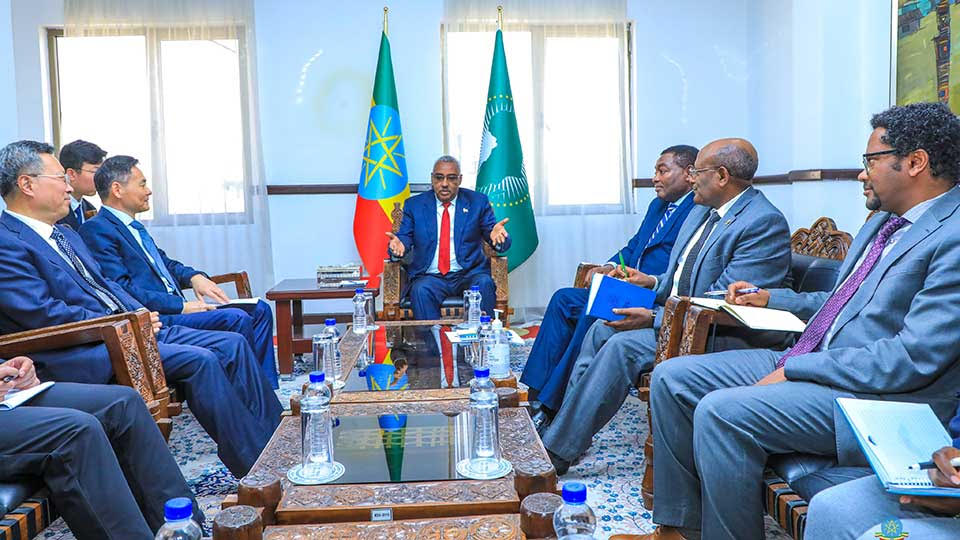
By Lukas Fiala 方朗克
When China’s Horn of Africa Envoy, Xue Bing, returned to Ethiopia earlier this week, he did so in the context of China’s increasingly proactive diplomacy across Africa and the Middle East. From the conflict in Gaza to the peace process between Addis Ababa and the northern Tigray People’s Liberation Front (TPLF), Beijing is keen to project an image of a responsible major power that cares about the concerns of regional countries.
As a major destination of Chinese investment in the Horn of Africa and a longstanding diplomatic partner, Ethiopia’s political stability is of course important to Beijing. Not only is China interested in protecting its economic investments, but the close relationship with Addis Ababa has quickly turned Ethiopia into a litmus test for China’s crisis diplomacy and approach to insecurity abroad.
While China generally promotes a statist approach to security, supporting central governments over non-state actors or rebel groups, Beijing realizes that lasting stability in Ethiopia can only emerge from a political solution that is accepted by both the central government and the northern Tigray region. It is worth remembering that the TPLF was in the driver’s seat before Abiy Ahmed became Prime Minister. Given that this was when Ethiopia’s and China’s economic relationship strengthened considerably, China has at the very least a historical connection to the TPLF.
Hence, Xue reportedly also visited Tigray to meet with senior officials and most likely discussed construction and development projects such as the Giba Dam in the outskirts of Mekelle city. Xue’s trip to Tigray came after China’s Ambassador to Ethiopia, Zhao Zhiyuan, visited the region in June, reflecting Beijing’s proclaimed willingness to encourage Chinese enterprises to return to the region after the civil war.
Going forward, Beijing should match words with deeds by (1) alleviating Ethiopia’s debt burden in a lasting, meaningful way, and (2) ensuring that promised investment and infrastructure projects that were put on hold during the conflict recommence. The key question is whether further economic engagement will materialize in time without simultaneously increasing Ethiopia’s debt burden, which has become an even more important issue in the current environment of high borrowing costs.
More broadly, the events above demonstrate a key strength of Chinese diplomacy across Africa: showing up with high-level delegations to signal that the region continues to occupy a strategic position in China’s global engagement that has diversified China’s diplomatic interests and relationships considerably.
With the annual Africa tour of China’s foreign minister on the horizon – a tradition that has been thirty years in the making – Beijing certainly wants to give the impression that it can remain engaged even when the West is seemingly preoccupied with the wars in Ukraine and Gaza.
Lukas Fiala 方朗克 is the project coordinator for the China Foresight initiative at LSE IDEAS.










